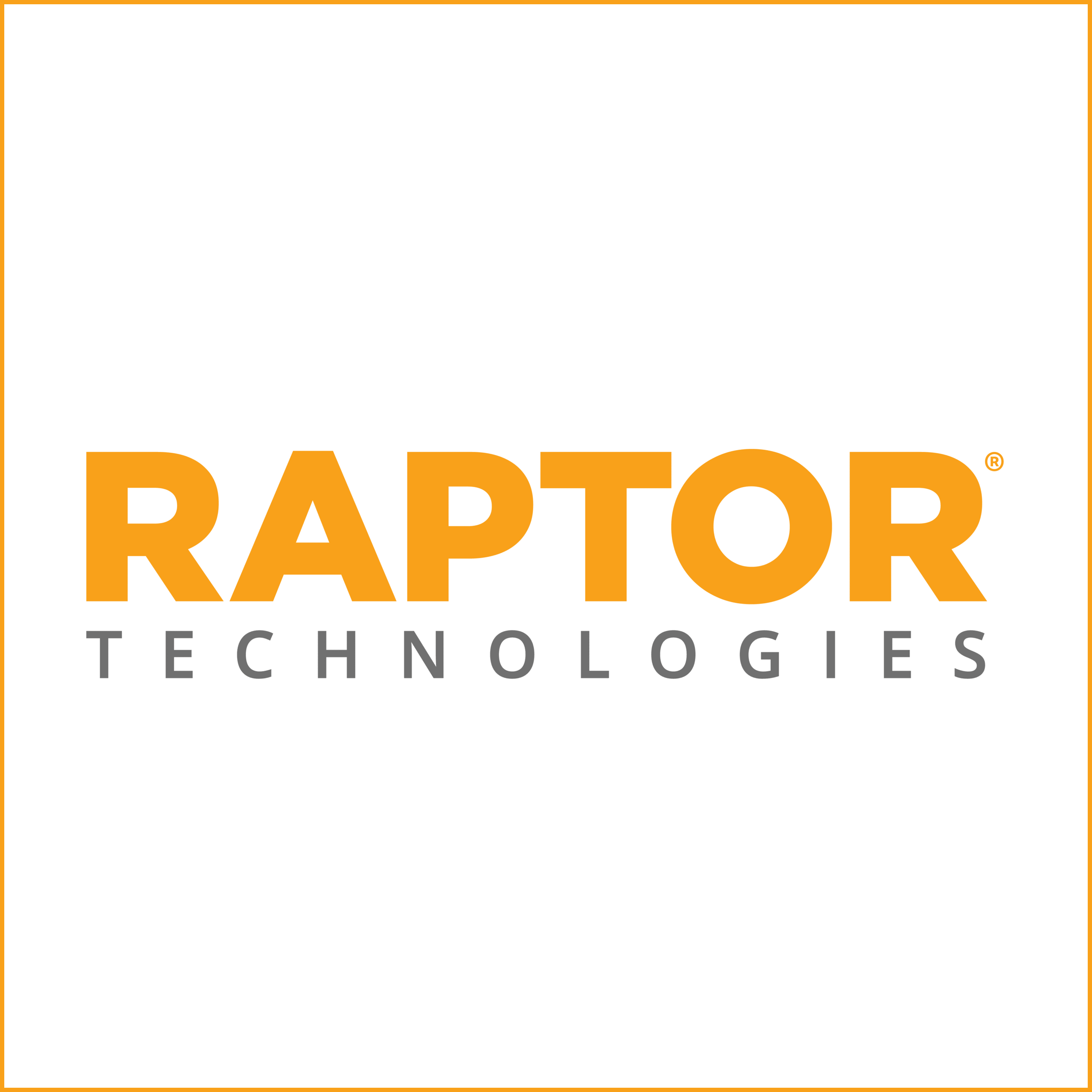Navigating Threat Assessment for Autistic Students
In this episode of School Safety Today by Raptor Technologies, host Dr. Amy Grosso sat down with Dr. Stephanie Leite, Senior Threat Manager. Gain valuable insights from her expertise as she delves into behavioral threat assessment, with a particular emphasis on understanding threat assessment in autistic students.
KEY POINTS:
- Recognizing the critical distinction between reactive and targeted violence helps educators better identify and respond to student behaviors without jumping to conclusions.
- Navigating the complexities of conducting threat assessments for autistic students, emphasizing the importance of lifting them up rather than isolating them.
- Successful threat assessments involve collaboration with families, educators, and occupational therapists
Our guest, Dr. Leite is a distinguished forensic psychologist based in Hartford, CT, renowned for delivering high-quality psychological evaluations. She specializes in risk and threat assessments for courts, schools, and workplaces, providing expert insights that inform safety and management strategies. Dr. Leite thrives in training on psychology and risk management, offering her services for case consultations across a spectrum of issues, including child protection, complex psychopathology, fitness for duty, high-conflict divorce, and adolescent behavior. Licensed in Connecticut, Massachusetts, and New York, she consults nationwide.
Dr. Leite is an active member of the American Psychological Association (APA), and the Connecticut Psychological Association, where she served as president of the Forensic Division. She is also a member of the Association of Threat Assessment Professionals (ATAP) and a past president of the New England ATAP chapter, cherishing her role in the global ATAP community. Additionally, she is affiliated with the National Center for Crisis Management and InfraGuard and is a peer reviewer for the Journal of Threat Assessment and Management.




